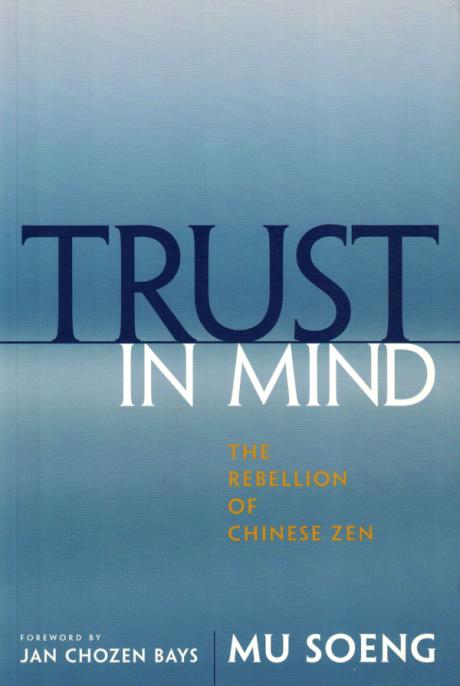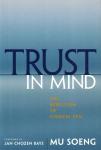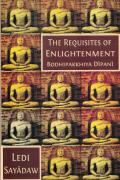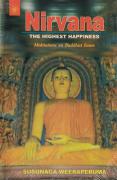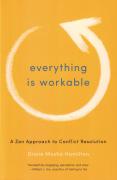The Great Way is not difficult / for those who have no preferences. / When love and hate are both absent / everything becomes clear and undisguised. / Make the smallest distinction, however / and heaven and earth are set infinitely apart....So begins Trust in Mind, the beloved poem that has again and again welcomed generations to their practice of Zen Buddhism. Traditionally attributed to the third Chinese ancestor of Zen (Sencan, d. 606), it is often considered the first historical Zen document and remains an anchor of Zen Buddhist practice to this day. Here, scholar and commentator Mu Soeng explores the poems importance and impact in three sections: The Dharma of Trust in Mind, The Tao of Trust in Mind, and The Chan of Trust in Mind. Finally, a brilliant line-by-line commentary brings the elements of this ancient work completely to life for the modern reader. Trust in Mind is the first book of its kind, looking at this very important Zen text from historical and cultural contexts, as well as from the practitioners point of view. contemporaries, as well as those with an interest in meditation and Eastern religions - most especially Zen practitioners, academics, philosophers, and scholars of Mind. "The Great Way is not difficult / for those who have no preferences. / When love and hate are both absent / everything becomes clear and undisguised. / Make the smallest distinction, however / and heaven and earth are set infinitely apart." So begins "Trust in Mind," the beloved poem that has again and again welcomed generations to their practice of Zen Buddhism. Traditionally attributed to the third Chinese ancestor of Zen (Sengcan, d. 606), it is often considered the first historical "Zen" document and remains an anchor of Zen Buddhist practice to this day. Here, scholar and commentator Mu Soeng explores the poem's importance and impact in three sections: The Dharma of Trust in Mind, The Tao of Trust in Mind, and The Chan of Trust in Mind. Finally, a brilliant line-by-line commentary brings the elements of this ancient work completely to life for the modern reader. Trust in Mind is the first book of its kind, looking at this very important Zen text from historical and cultural contexts, as well as from the practitioner's point of view. It is sure to interest readers of Mu Soeng and his fellow Buddhist contemporaries, as well as those with an interest in meditation and Eastern religions--most especially Zen practitioners, academics, philosophers, and scholars of Mind.

